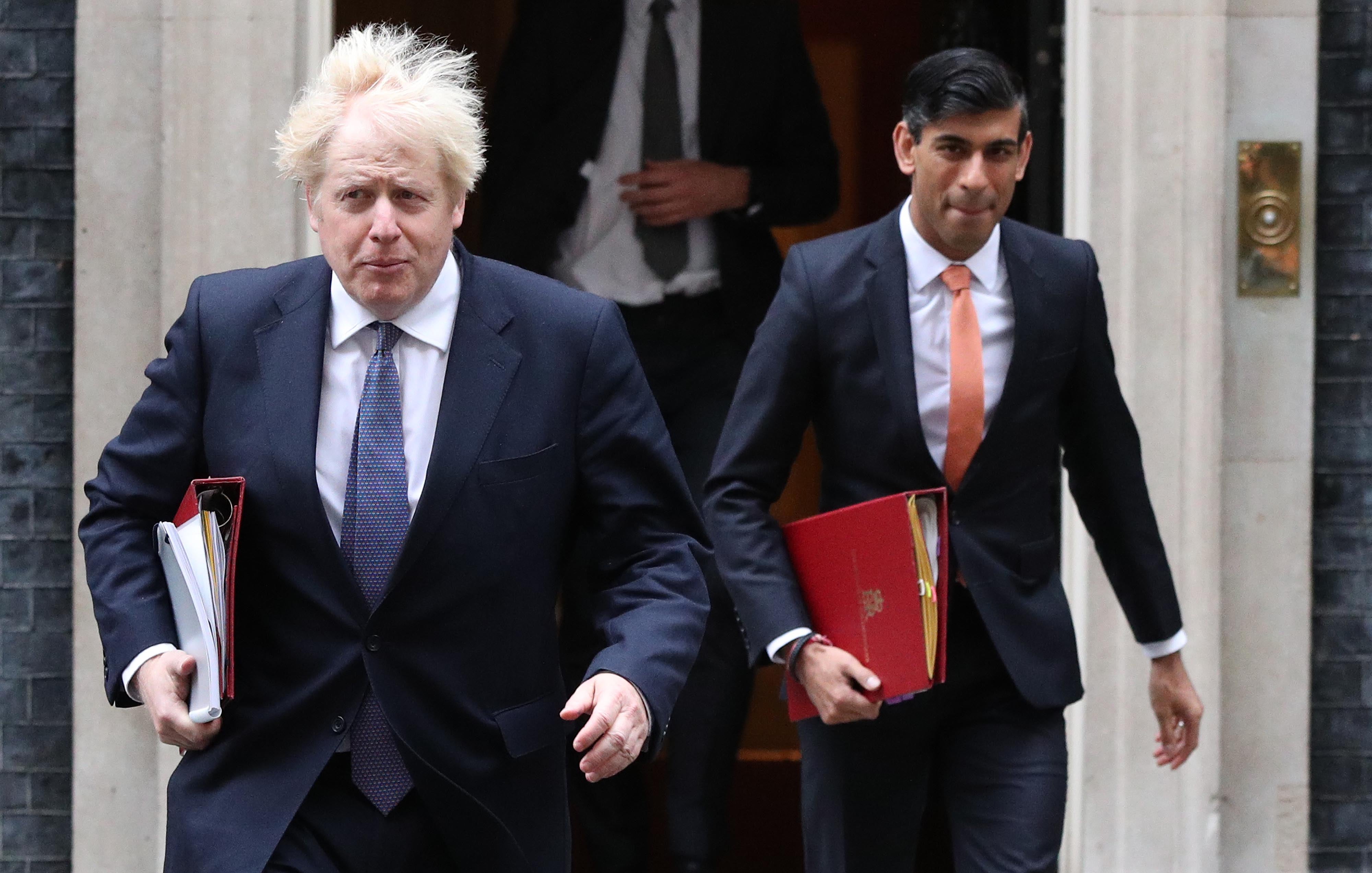Boris Johnson wants to ease the cost of living crisis without spending money – but can he?
The PM wants ‘innovative’ ways to help hard-pressed families that don’t involve fiscal firepower from the Treasury. Adam Forrest looks at whether it will be enough


Boris Johnson is a big-picture guy. He doesn’t do details. But our prime minister appears to be running short of big ideas on Britain’s cost of living crisis. So he has asked his cabinet colleagues to come up with “innovative” suggestions.
The problem is, their innovative suggestions cannot involve Treasury spending. Mr Johnson told his cabinet he is only interested in cost-free ways to ease the burden of soaring bills and rising prices on hard-pressed families.
Hence the ridicule from opposition parties, who claim that the PM is “completely out of ideas” and that the chancellor, Rishi Sunak, is unwilling to provide badly needed help. Is it possible to solve such a lack-of-money crisis without spending more money?
No 10 has hinted at the kind of cost-free things it wants ministers to consider. Whitehall departments are being encouraged to do more to promote existing support schemes that have not been widely taken up.
For instance, the government has estimated that around 1.3 million families could be taking up more support through the tax-free childcare scheme, which offers up to £2,000 a year towards costs.
No 10 has hinted that childcare rules could be changed in a bid to bring down costs – but there is no indication that the amount offered through the tax-free scheme will be increased.
Downing Street is flagging an estimate that 850,000 eligible households are not claiming pension credit, which can be worth over £3,300 a year.
Mr Johnson’s team also pointed at a move to freeze energy bill deductions from universal credit, designed to give claimants a bit more time to sort things out with their gas and electricity providers.
No 10 has not denied reports that the government is considering plans to cut tariffs on food the UK does not produce – such as rice – in a bid to bring down costs for British consumers.
Tinkering at the margins? Perhaps. Will it be enough to ease even the political pressure on the government? Probably not.
Increasingly restless Tory MPs fear that Mr Sunak’s failure to offer more help with bills and benefits at his recent spring mini-Budget will cost the party dearly at the local elections next week.
Backbencher Andrew Bridgen is among those who have said the chancellor may have to consider an “emergency Budget” before the summer recess – something Labour is now demanding.
But Mr Sunak made clear to cabinet ministers on Tuesday that there would be no new money available to spend on measures to tackle living costs.
No 10 says Mr Johnson will hold another meeting to decide on the “non-fiscal” measures “in the next couple of weeks”, with the PM apparently on the same page as the chancellor on holding down debt.
The local elections on 5 May could sharpen minds. If the results are terrible for the Tory party, then speculation about a backbench leadership putsch will hit feverish new heights.
Mr Johnson may find himself knocking on Mr Sunak’s door to ask if he can rustle up a few billion from somewhere to help him – and everyone else – through the summer.






Join our commenting forum
Join thought-provoking conversations, follow other Independent readers and see their replies
Comments